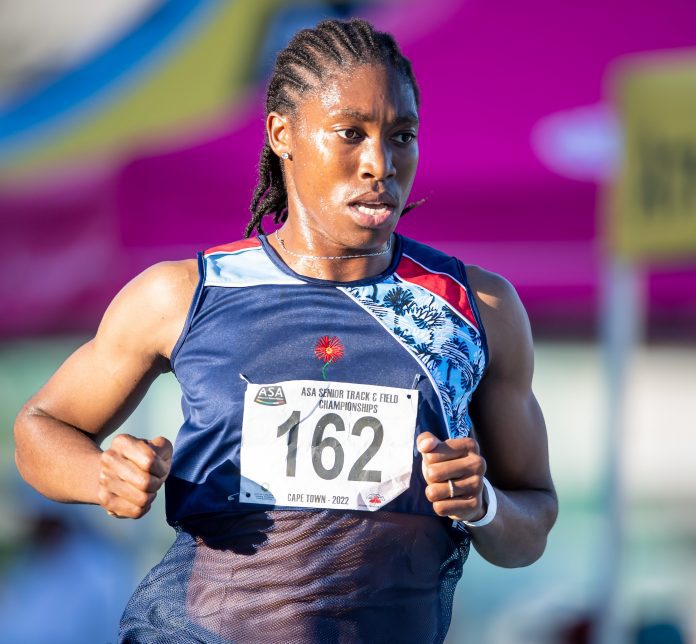South African Olympic champion Caster Semenya has prevailed in a landmark case against Switzerland at the European Court of Human Rights (ECHR).
The ECHR ruled that Switzerland’s highest court had infringed upon Semenya’s right to a fair trial in a case concerning World Athletics rules that targeted her natural testosterone levels.
The Grand Chamber of the ECHR judgment found that the Swiss Federal Supreme Court failed to provide Semenya the level of judicial scrutiny required when reviewing a 2019 arbitration decision, the court’s registrar said in a statement on Thursday.
This upheld controversial rules forcing Semenya to medically reduce her testosterone to compete in women’s races.
Right to a fair hearing
“By contrast, the court declared, unanimously, the application admissible in respect of the complaint under Article 6 & 1 [right to a fair hearing] of the European Convention on Human Rights and held, by 15 votes to 2, that there had been a violation of Article 6 & 1 of the convention,” reads the statement.
The registrar highlighted that the case was centred on World Athletics’ 2018 “Eligibility Regulations for the Female Classification (athletes with differences in sex development)” regulations.
These rules required Semenya and other athletes with naturally high testosterone levels to medically lower those levels to be eligible to compete in female categories in certain middle-distance events.
Semenya challenged these regulations before the Court of Arbitration for Sport (CAS) in Lausanne, Switzerland, which dismissed her claim in 2019.
She then appealed to the Swiss Federal Supreme Court, but her case was again rejected, as the court said that the CAS award was not incompatible with Swiss public policy, which is, according to the statement, the only ground on which international arbitration decisions can be challenged in Switzerland.
The ECHR disagreed and noted the “structural imbalance” between athletes and international sports bodies.
Claim for damages
The ECHR held the belief that powerful sports federations, not law, bind sportspeople like Semenya to the CAS’s exclusive jurisdiction.
The court said this imbalance, combined with the importance of the rights at stake, meant the Swiss Supreme Court was required to carry out a particularly rigorous examination of Semenya’s arguments and found that this had not happened.
“The court noted that the applicant had not submitted a claim for damages. It held that Switzerland was to pay her €80 000 (R1.6-million) in respect of costs and expenses.”
The court rejected other parts of her complaint, including allegations of discrimination and violation of Semenya’s private life. It stated that they fell outside Switzerland’s jurisdiction.
The Council of Europe’s Committee of Ministers will now monitor this final ruling to ensure Switzerland’s compliance.



